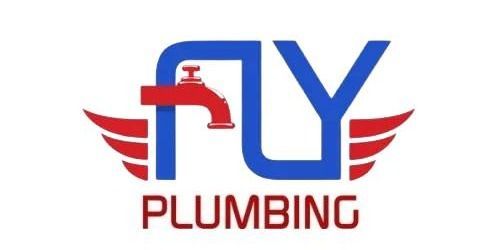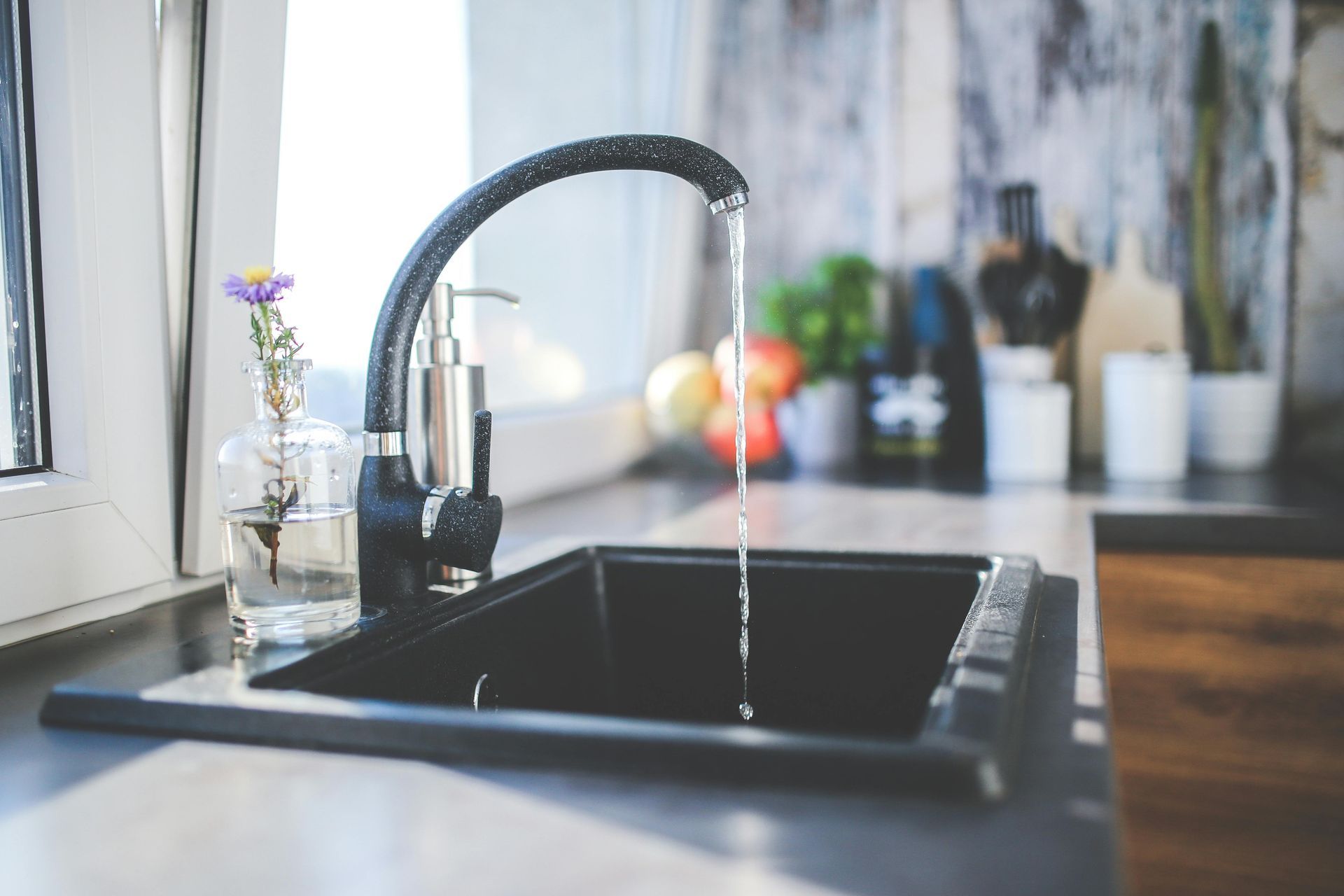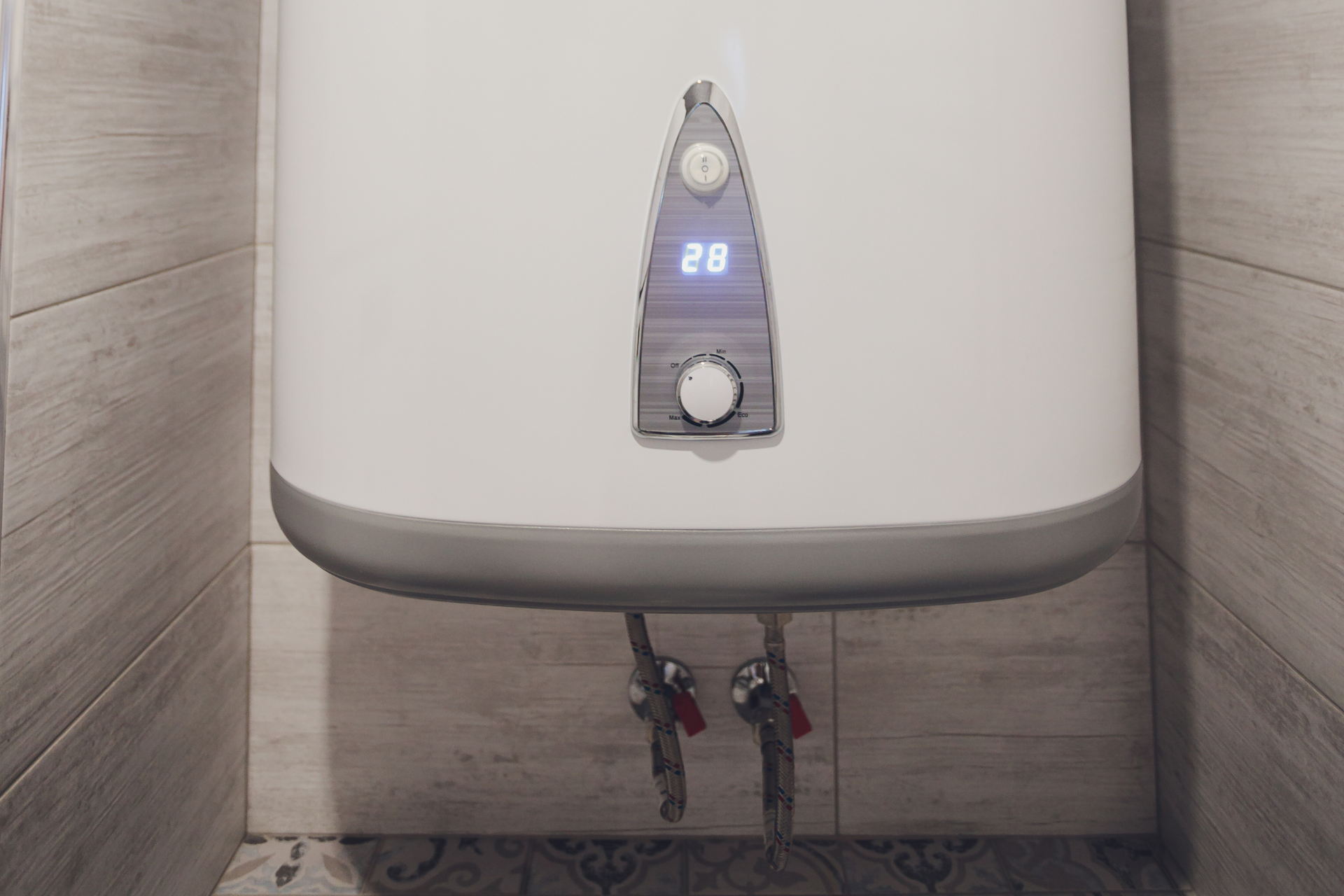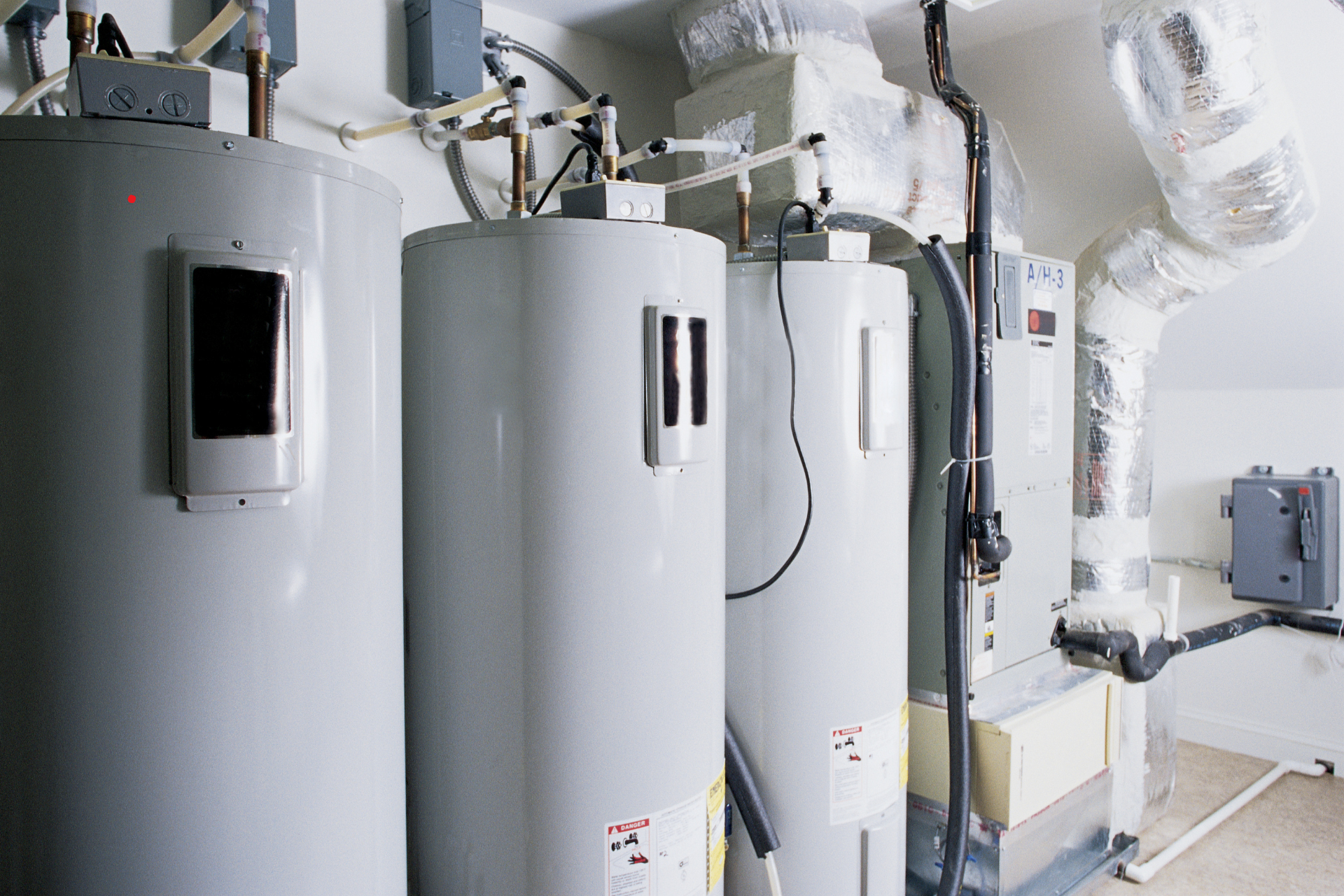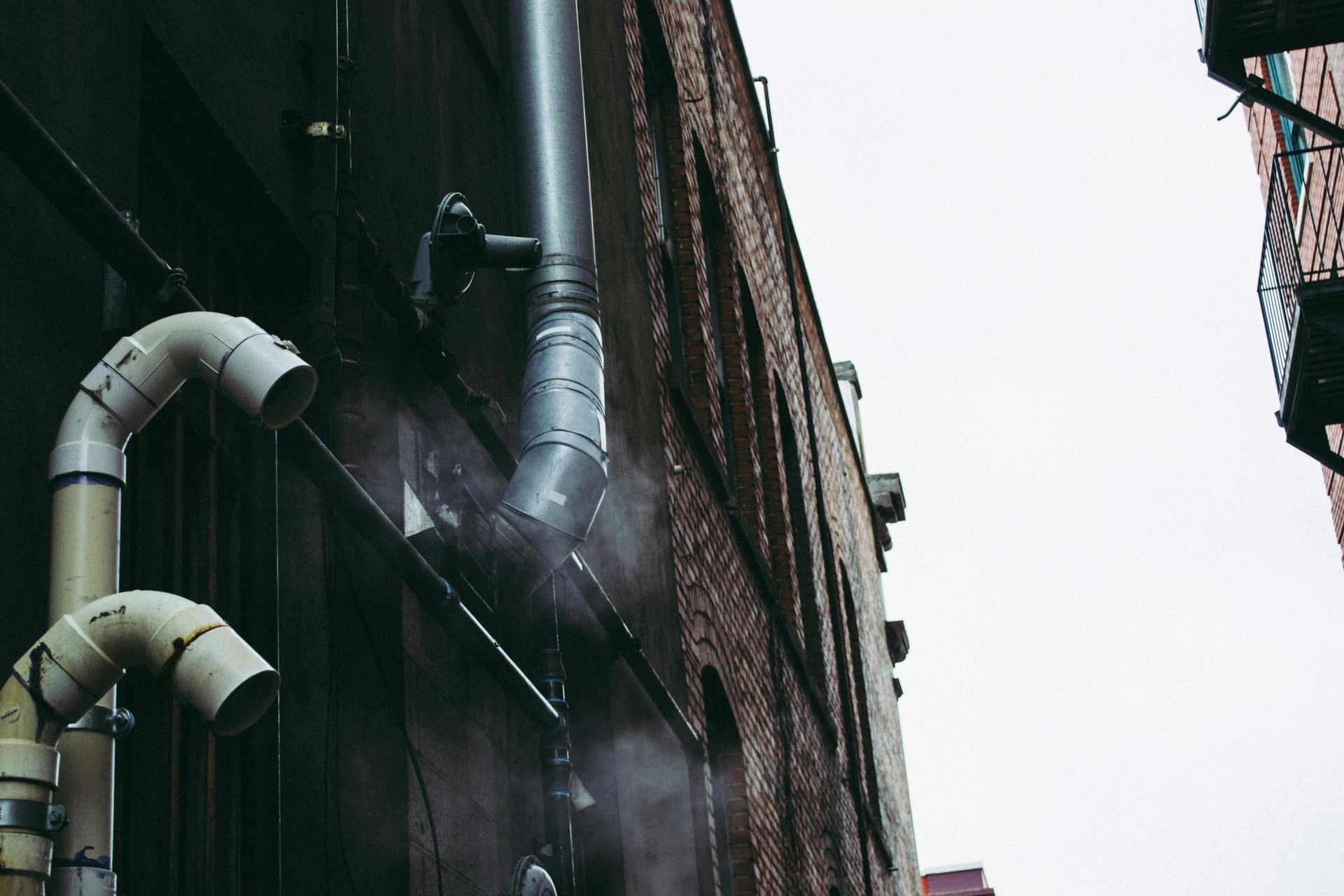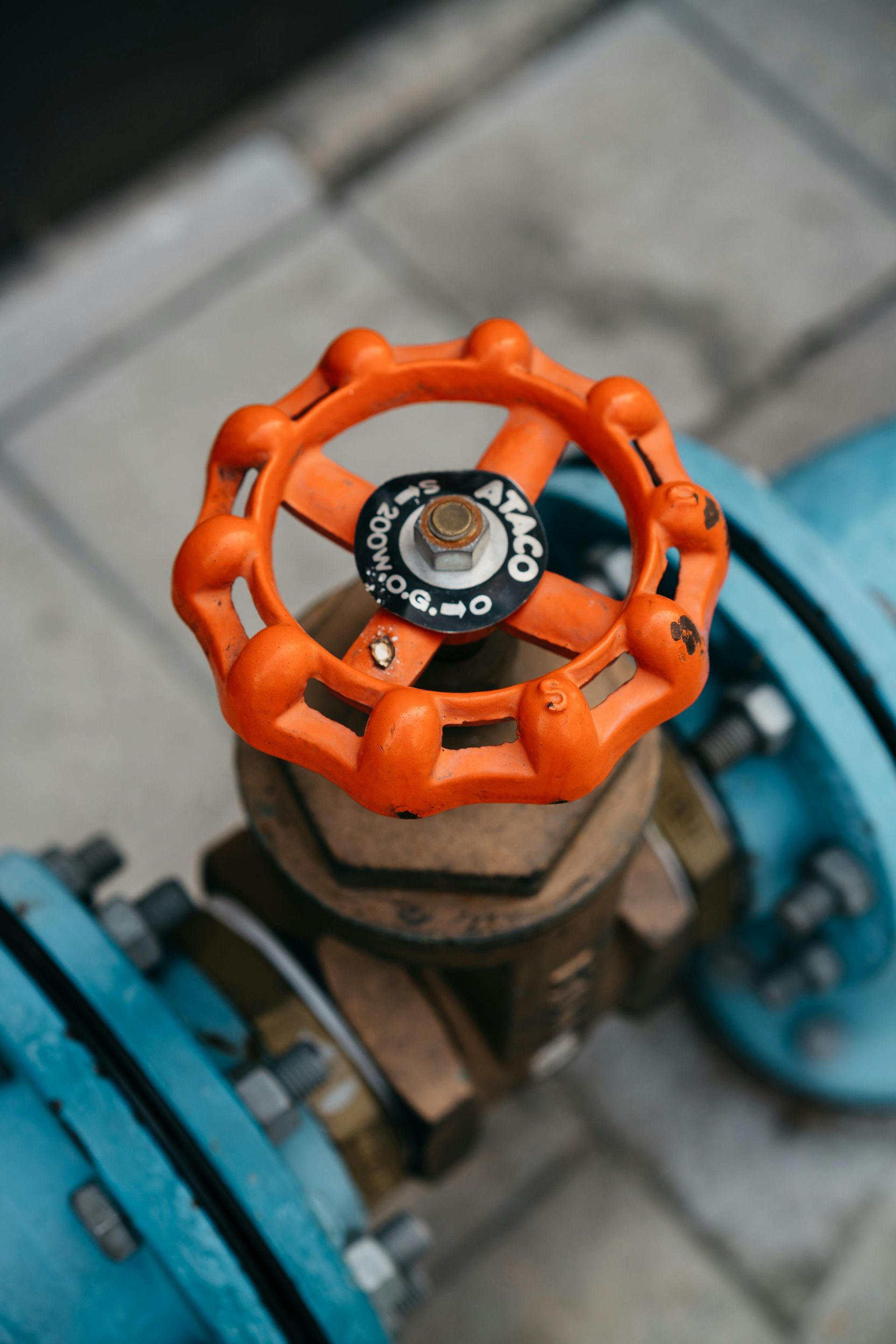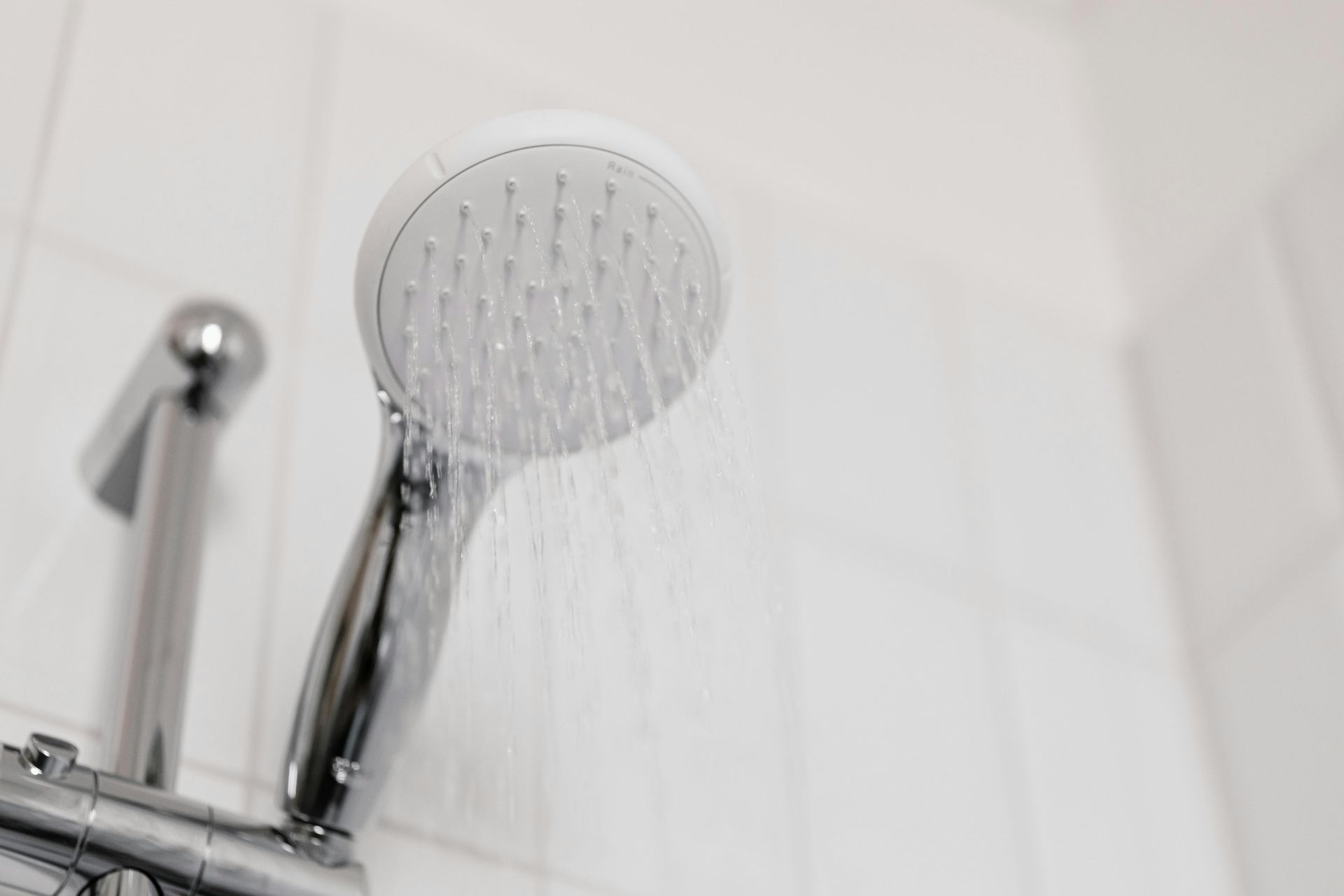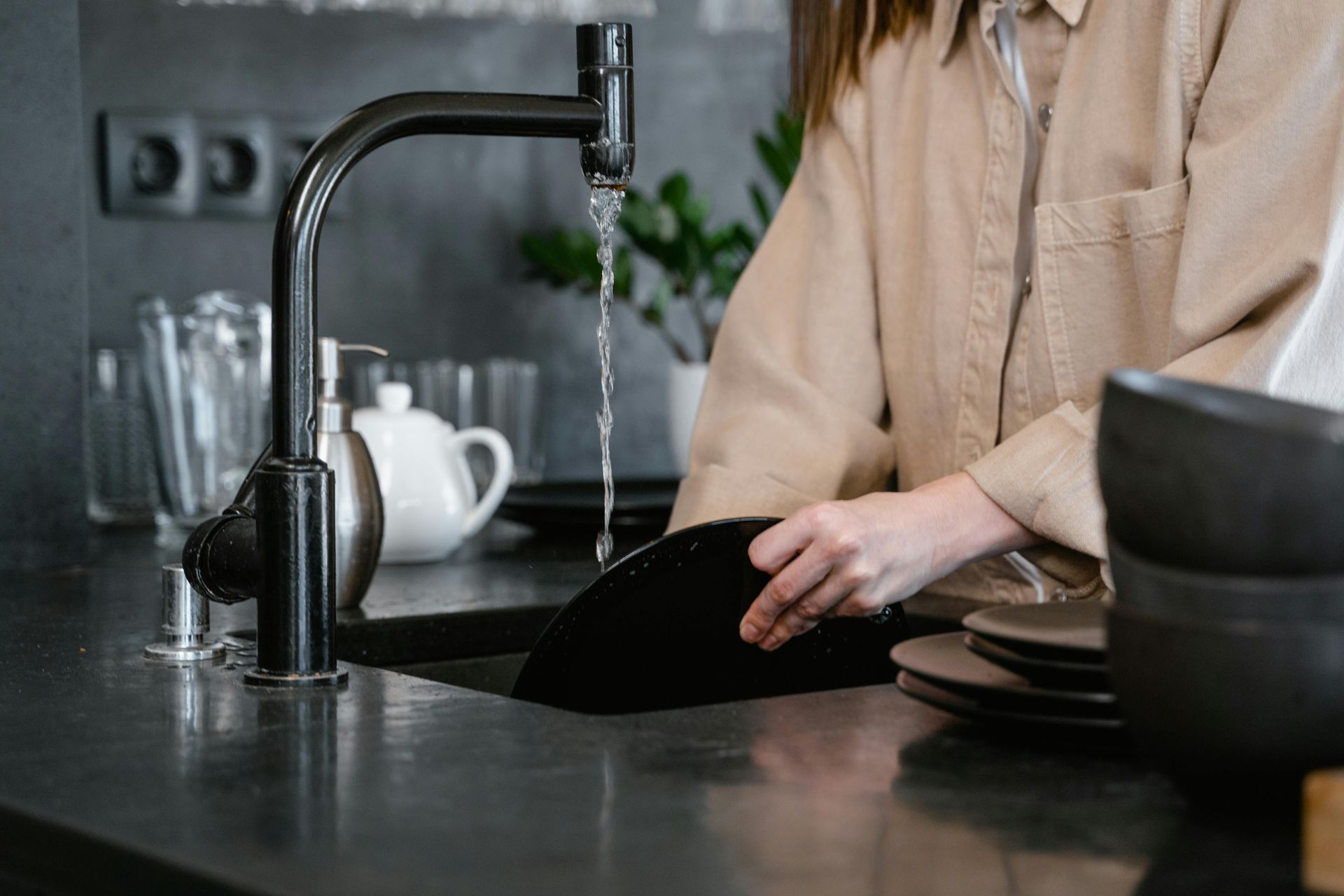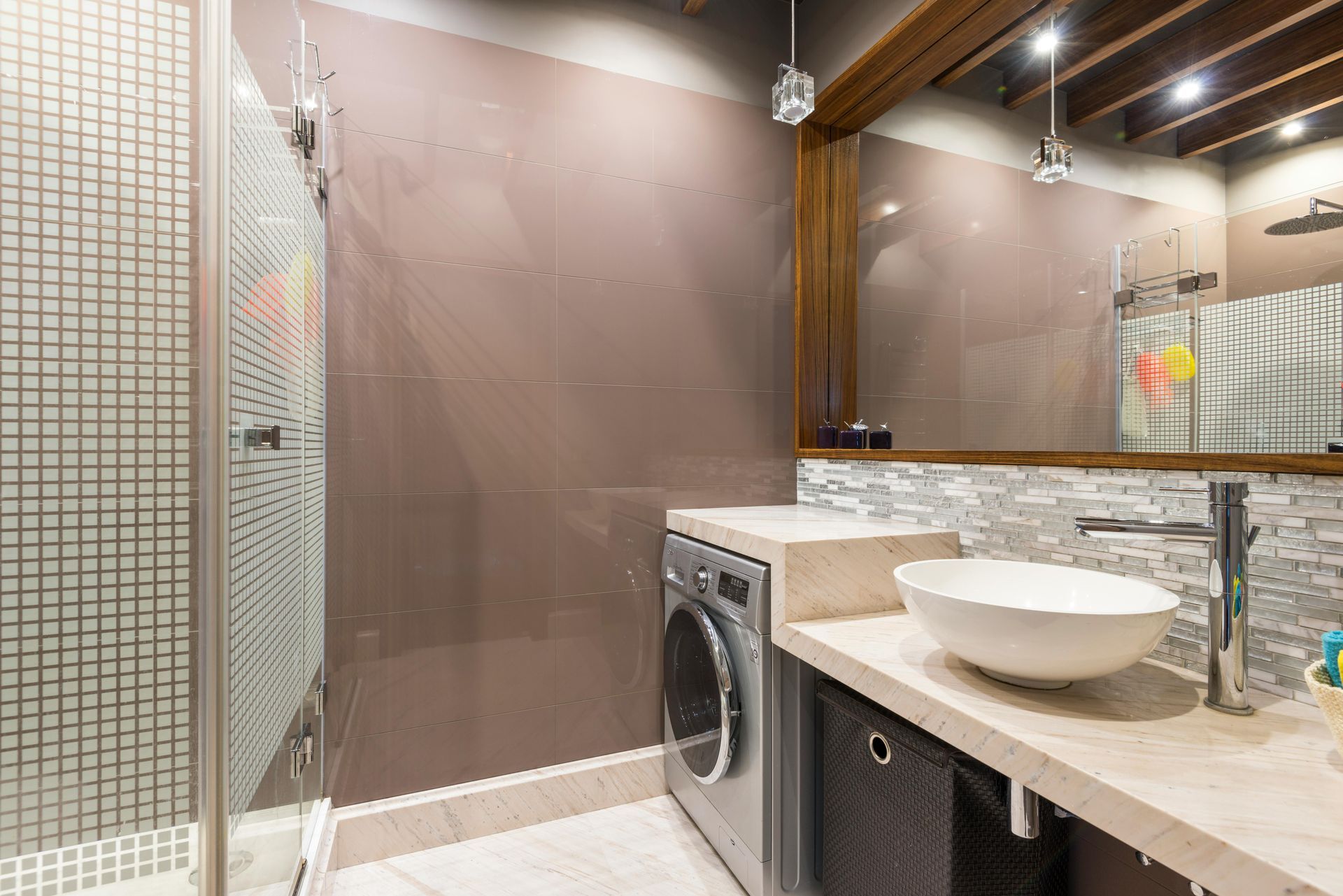Top Issues with Heat Pumps: From Leaks to Frozen Coils
Heat pumps are a popular choice for both heating and cooling homes, offering energy efficiency and versatility. However, like any HVAC system, they can encounter problems that impact their performance. At Fly Plumbing, we understand the importance of keeping your home comfortable, which is why we’ve compiled a list of the top issues that heat pumps can face, from leaks to frozen coils. This guide will help you identify potential problems and understand how to address them.
Understanding Heat Pumps
Before diving into the common issues, it’s helpful to understand how heat pumps work. Heat pumps transfer heat from one location to another using a refrigeration cycle. In the winter, they extract heat from the outside air (even in cold temperatures) and transfer it indoors. In the summer, the process reverses, cooling your home by removing heat from the indoor air.
While heat pumps are generally reliable, several factors can lead to performance issues. Here are some of the most common problems homeowners may encounter.
1. Refrigerant Leaks
What Happens
Refrigerant is the lifeblood of your heat pump, circulating through the system to facilitate heating and cooling. A refrigerant leak can lead to reduced efficiency, increased energy bills, and inadequate heating or cooling.
Signs of a Refrigerant Leak
Inconsistent Temperature: Rooms may feel warmer or cooler than the thermostat setting.
Hissing or Bubbling Sounds: You may hear noises coming from the unit, indicating a refrigerant leak.
Ice Buildup: Low refrigerant levels can cause the evaporator coils to freeze, leading to further complications.
What to Do
If you suspect a refrigerant leak, it’s essential to contact a professional HVAC technician. They can locate the source of the leak, repair it, and recharge the system with the appropriate amount of refrigerant.
2. Frozen Coils
What Happens
Frozen coils can occur in both the evaporator and condenser coils of your heat pump. When the coils freeze, airflow is restricted, and the system cannot operate efficiently.
Causes of Frozen Coils
Low Refrigerant Levels: Insufficient refrigerant can lead to freezing.
Poor Airflow: Blocked or dirty air filters, closed vents, or issues with the blower fan can restrict airflow, causing the coils to freeze.
Low Outdoor Temperatures: Extreme cold can cause the outdoor unit to freeze, especially if the heat pump is struggling to extract heat from the air.
Signs of Frozen Coils
Ice on the Coils: Visible frost or ice buildup on the coils.
Reduced Heating or Cooling: The system struggles to maintain the desired temperature.
What to Do
To address frozen coils, first, turn off the heat pump to allow the ice to melt. Check and replace air filters if they are dirty, and ensure that vents are open and unobstructed. If the issue persists, call a professional to check for refrigerant levels or other underlying issues.
3. Thermostat Issues
What Happens
The thermostat controls your heat pump’s operation, adjusting the temperature according to your preferences. If it malfunctions, it can lead to inconsistent heating and cooling.
Signs of Thermostat Issues
Incorrect Temperature Readings: The thermostat displays a temperature that doesn’t match the actual room temperature.
Unresponsive Controls: The thermostat doesn’t respond to temperature adjustments.
Frequent Short Cycling: The system turns on and off rapidly, failing to maintain a consistent temperature.
What to Do
Check the thermostat settings and replace the batteries if applicable. If issues continue, it may need recalibration or replacement. An HVAC technician can help diagnose and repair thermostat problems.
4. Airflow Problems
What Happens
Proper airflow is crucial for your heat pump to function efficiently. Issues with airflow can lead to reduced efficiency and comfort.
Causes of Airflow Problems
Dirty Filters: Clogged air filters restrict airflow, causing the system to work harder.
Blocked Ducts: Debris or obstructions in the ductwork can impede airflow.
Fan Issues: Problems with the blower fan can lead to inadequate airflow.
Signs of Airflow Problems
Uneven Heating or Cooling: Some rooms are warmer or cooler than others.
Noisy Operation: Strange noises may indicate airflow issues, such as a struggling fan.
What to Do
Regularly check and replace air filters, typically every 1-3 months, depending on usage and dust levels. Schedule routine maintenance to clean ducts and ensure that the blower fan is functioning correctly.
5. Drainage Issues
What Happens
Heat pumps generate condensation during operation, which must drain away properly. If the drainage system becomes clogged, it can lead to water damage and reduced efficiency.
Signs of Drainage Issues
Water Leaks: Puddles of water around the indoor unit.
Increased Humidity: High indoor humidity levels, indicating poor drainage.
What to Do
Inspect the condensate drain line for clogs and clean it as needed. You can use a wet/dry vacuum to remove blockages. If you’re unsure, a professional can ensure proper drainage and prevent further issues.
6. Electrical Problems
What Happens
Electrical issues can arise from various components, including the compressor, capacitor, and wiring. These problems can lead to system failures or reduced efficiency.
Signs of Electrical Problems
Tripped Circuit Breakers: Frequent circuit breaker trips may indicate an electrical issue.
Burning Smell: A burning odor from the unit can signal serious electrical problems.
Unresponsive Unit: The system fails to turn on or responds intermittently.
What to Do
If you suspect electrical issues, turn off the heat pump and contact a licensed electrician or HVAC technician. Do not attempt to fix electrical problems yourself, as they can be dangerous.
7. Old Age and Wear
What Happens
Like any mechanical system, heat pumps have a lifespan, typically ranging from 10 to 15 years. As they age, wear and tear can lead to various issues.
Signs of Aging
Increased Energy Bills: Higher operating costs may indicate declining efficiency.
Frequent Repairs: An increase in repair needs can signify that the unit is nearing the end of its life.
Inconsistent Performance: Fluctuating temperatures or prolonged heating/cooling cycles may indicate age-related issues.
What to Do
If your heat pump is approaching the end of its lifespan, consider scheduling a replacement. An HVAC professional can help you evaluate your options and find a more energy-efficient model.
Conclusion
Heat pumps are an excellent choice for year-round comfort, but they can experience issues that impact their efficiency and performance. By being aware of these common problems—such as refrigerant leaks, frozen coils, and airflow issues—you can take proactive steps to maintain your system. Regular maintenance and prompt repairs will not only extend the life of your heat pump but also ensure a comfortable living environment.
If you encounter any issues with your heat pump or need assistance with maintenance, don’t hesitate to reach out to the professionals at Fly Plumbing. We’re here to help you keep your home comfortable all year round!
